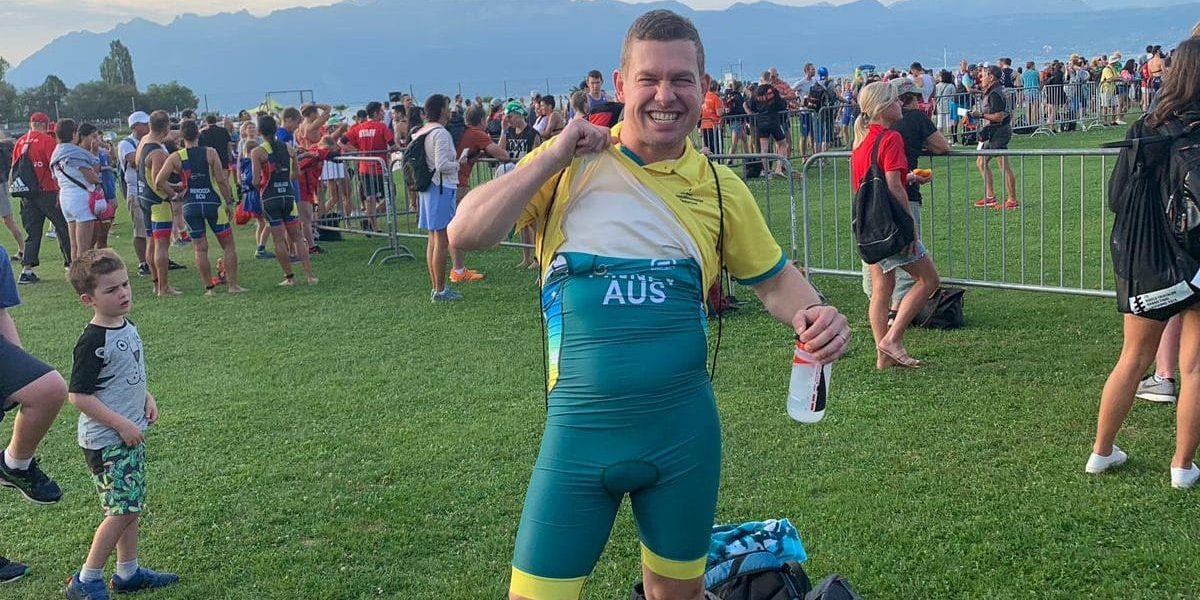By Behavioural & Mental Health Counsellor – Alejandro Nestor Rivera
Triathlon is a sport that requires a high level of time and dedication. It is often seen at a community level as an activity performed by only elite athletes or professionals. Little is mentioned about the age groupers and thier dedication to performance.
The fact is that there are a lot of external influences that mould the performance outcome of an athlete. Each of these factors, including the athletes themselves, influence and shape the aspects of their own environment.
From the athletes family, their social environment, workplace, community and friends, each athlete has a significant impact on every person they meet. This effect will be at its highest when an athlete becomes used to training, thinking and competing at a performance-based level.
It is firstly important to describe the true meaning of ‘performance’. It is defined as something, or someone, designed to perform at a high standard and seeking to continually improve themselves. In the past, it was considered that this term was exclusive to those who trained for and competed at state, national or international level. Nowadays, this term has evolved to include many athletes who train, study and strives every day to improve their performance. This is true wether they are doing their first 5km run, or if they are a veteran athlete.
A performance athlete can be an everyday person in your community who is looking to improve their performance and their level of competition constantly. There is a very large, and very real, challenge that performing at this level is met by, and this hurdle requires the help of their family, triathlon coach and social environments.
Family, coaches and social environment have a much greater impact on an athlete than has ever before been considered. Based on the Systems Theory, each person performs not only at an individual level, but as a results of each relationship, interaction and behavioural pattern created and perceived with each surrounding person. Considering this, the complexity and deepness of each interaction shapes the way each athlete sees and interacts with their sport. The closer the interaction is, the more meaningful it is. To say it in simple terms, the more the sport is present in the athletes lives, and the more they permit themselves to share it with their close relationships, the more it shapes their behaviour and their future.
As athletes grow and develop both physically and emotionally, a set of factors become more important in the enhancement of their athletic performance. As mentioned by Martin Hagger, Ph.d, these factors are motivation, confidence, performance knowledge, routines and anxiety management.
We need each of these factors to be present if we wish an athlete perform;
Motivation by itself is never enough, it needs to be sustained by having support from your close ones.
Confidence needs to be there too, as it is one of the most important traits among performance athletes. This is where family and friends become crucial. Close friends and family have the ability to keep spirits up and tend to see and remind the athlete of behaviours that for them seem normal, but for non-athletes seem extraordinary.
Routines are fundamental, but also difficult to achieve every day. This means that stability is important, so a stable job, healthy relationships, and honest communication with close ones will make a big difference.
Finally, by experiencing stability and developing a strong confidence, the management of anxiety and pressure will be easily developed.
Except for performance knowledge, it can be said that the other factors are directly connected with how the relationship with family, coaches and environment is established and how functional and healthy it is around the athlete’s wellbeing.
By building healthy and honest relationships and by being open and communicating frequently with those who know and understand the athlete, the athlete will be able to focus on performance. By maintaining a focus on performance, the athlete will ultimately perform better and will feel better about being provided the freedom to do so.

